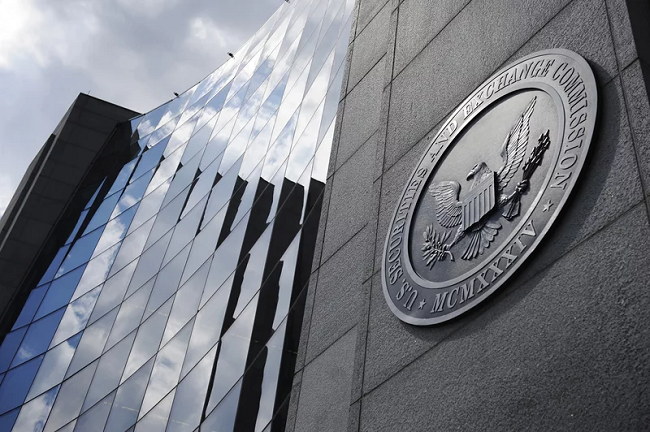The U.S. Securities and Exchange Commission (SEC) has settled charges against two companies that sold digital tokens in initial coin offerings (ICOs).
These are the SEC’s first cases that impose civil penalties solely for ICO securities offering registration violations. The SEC said that the companies – CarrierEQ Inc. (Airfox) and Paragon Coin Inc. – conducted ICOs last year after it issued a warning stating that ICOs can be securities offerings.
“We have made it clear that companies that issue securities through ICOs are required to comply with existing statutes and rules governing the registration of securities,” said Stephanie Avakian, Co-Director of the SEC’s Enforcement Division. “These cases tell those who are considering taking similar actions that we continue to be on the lookout for violations of the federal securities laws with respect to digital assets.”
Boston-based Airfox raised nearly $15 million through its token sale, while Paragon attracted approximately $12 million via its ICO. The SEC said that neither Airfox nor Paragon registered their ICOs pursuant to the federal securities laws, nor did they qualify for an exemption to the registration requirements.
Both companies have consented to the SEC’s orders and agreed to return funds to harmed investors, register the tokens as securities, file periodic reports with the SEC, and pay $250,000 in penalties.
“By providing investors who purchased securities in these ICOs with the opportunity to be reimbursed and having the issuers register their tokens with the SEC, these orders provide a model for companies that have issued tokens in ICOs and seek to comply with the federal securities laws,” said Steven Peikin, Co-Director of the SEC’s Enforcement Division.
Maxwell R. Rich, Republic’s Deputy General Counsel, stressed that industry participants should closely study this settlement as “it provides good guidance on how to avoid violating U.S. Federal Securities Laws, showing the pitfalls of not following them and more interestingly, may provide novel guidance for token issuers looking to register their tokens with the SEC post-offering.”
“Registered Securities are generally freely tradeable. An example of this would be an IPO issuer, such as Google. And now, anyone can purchase shares of Alphabet. The problem is that to date, no token has been registered with the SEC through the IPO process. Which is why this settlement is so interesting — it’s indicating there is an alternative method for issuers to register their security tokens, whether they are exploring any digital assets securities offerings or are looking for ways to bring their previously unregulated ICO into compliance.
“It also reminds token issuers that since the release of the DAO Report, the SEC is taking a hard stance on token sales unless they fall under a registration exemption such as Reg D, Reg CF or Reg S.
“Utility tokens that are offered through forward agreements such as SAFTs and DPAs will likely need to be registered or exempt from registration.”
The SEC further pointed out that these cases follow its first non-fraud ICO registration case, Munchee, Inc. The regulator did not impose a penalty or include undertakings from Munchee, which stopped its offering before delivering any tokens and promptly returned proceeds to investors.







